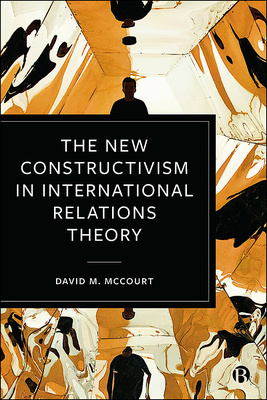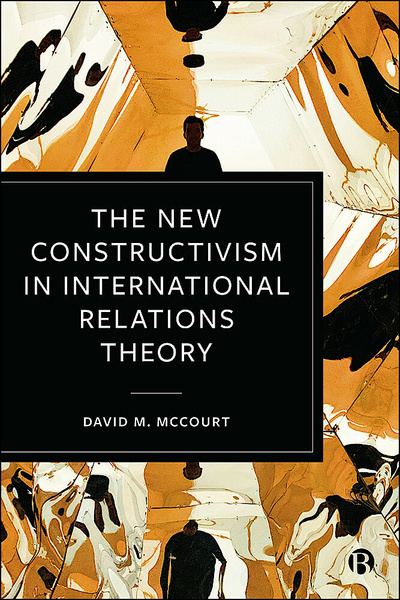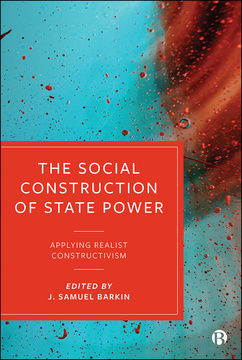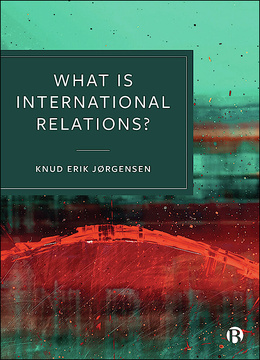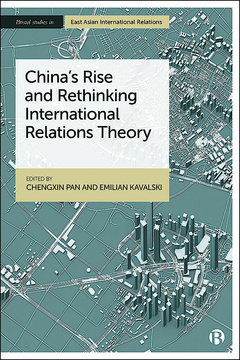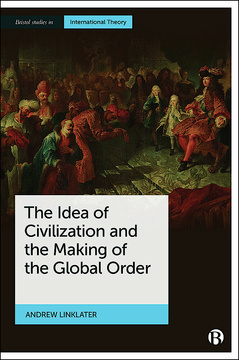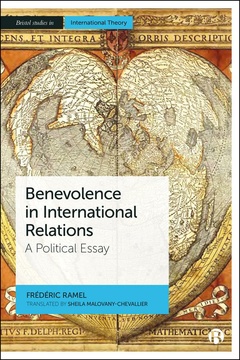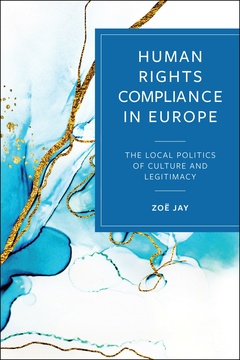The New Constructivism in International Relations Theory
By David M. McCourt
Published
Jun 13, 2023Page count
224 pagesISBN
978-1529217834Dimensions
234 x 156 mmImprint
Bristol University PressPublished
Feb 4, 2022Page count
224 pagesISBN
978-1529217827Dimensions
234 x 156 mmImprint
Bristol University PressPublished
Feb 4, 2022Page count
224 pagesISBN
978-1529217841Imprint
Bristol University PressPublished
Feb 4, 2022Page count
224 pagesISBN
978-1529217841Imprint
Bristol University PressIn this engaging book, David M. McCourt makes the case for New Constructivist approaches to international relations scholarship.
The book traces constructivist work on culture, identity, and norms within the historical, geographical, and professional contexts of world politics, and reflects on recent innovations in fields including practice theory, relationalism, and network analysis. Copiously illustrated with real-world examples from the rise of China and US foreign policy, it illuminates the processes by which international politics are built. This is both an accessible tour of Constructivism to date and a persuasive declaration for its continuing application and value.
“David M. McCourt’s insightful panorama of current international relations landscapes persuasively argues for a distinctly New Constructivism. Masterfully drawing together recent trends, this book will become a touchstone for international relations theory for years to come.” Ty Solomon, University of Glasgow
“In this ambitious, unapologetic, and brilliant manifesto, McCourt demonstrates how New Constructivism provides international relations empirically rich payouts, intellectual consistency, and most poignantly and powerfully, a supportive space for generations of scholars to analyse worlds of our making.” Brent J. Steele, University of Utah
David M. McCourt is Associate Professor of Sociology at the University of California, Davis.
Introduction: What Is Constructivism?
1. The Old Constructivism
2. The New Constructivism
3. Rules, Law, and Language in the New Constructivism
4. World-Making: Experts and Professionals in the New Constructivism
5. New Constructivist Methodology and Methods
6. Politics, Ethics, and Knowledge in the New Constructivism
7. The New Constructivism as a Phronetic Social Science
Conclusion: The Space of Constructivism







